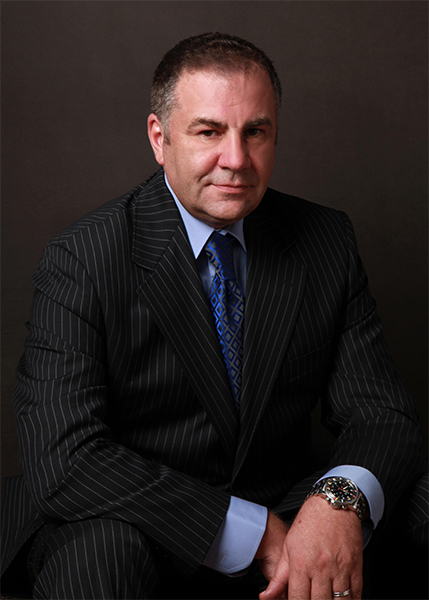The consultancy firm says that its team of qualified professionals can test for a pass rate of less than 0.01% of the most penetrative particles

Gary Williams, Director of Commissioning at AESG.
Dubai, UAE: Claiming that such a service is being offered in the Middle East for the first time, AESG has announced the launch of its new HEPA (high-efficiency particulate air) filter testing and certification service to ensure sterility of cleanroom environments. The consultancy firm said that it has invested heavily in the skillsets and technologies required to deliver the service in accordance with BN EN 14664-1, which reportedly is the most stringent international cleanroom certification standard.
With primary focus on the healthcare sector, the firm said that has worked closely with local regulatory authorities to ensure that its service can enable clients to achieve the highest level of standards compliance. It claimed that the DOP (Dispersed Oil Particulate) testing equipment being utilised by the firm exceeds the British, American, European and Australian requirements for filter testing with aerosol challenge.
Furthermore, Gary Williams, Director of Commissioning at AESG, said that his team can test for a pass rate of less than 0.01% of the most penetrative particles, and accurately uncover not only the inefficiencies but also the ‘difficult to pinpoint’ leakages. The firm highlighted that a team of qualified professionals have been trained to conduct the testing process in less than three hours, and added that it is offering testing of not only HEPA filters, but also their housing and installation.
Williams said: “The industry norm regarding HEPA filters today is an install and forget approach. Unfortunately, in the large majority of installations, due to factors such as rough handling, improper installation and poor maintenance, the likelihood of sub-optimal performance is extremely high.”
Commenting on the significance of the service, which reportedly is being offered for the first time in the region, Williams said: “Some engineers consider the use of particle scanners. However, these are not sufficiently accurate and involve a margin of error that hospitals cannot afford to overlook. Furthermore, as these methods make it difficult to pinpoint the leakage, they make addressing and rectifying the issues a challenge.”
Besides healthcare, the firm said that it also sees potential uptake in other sectors such as manufacturing, pharmaceuticals and other industries wherein cleanroom facilities are utilised.
Copyright © 2006-2025 - CPI Industry. All rights reserved.